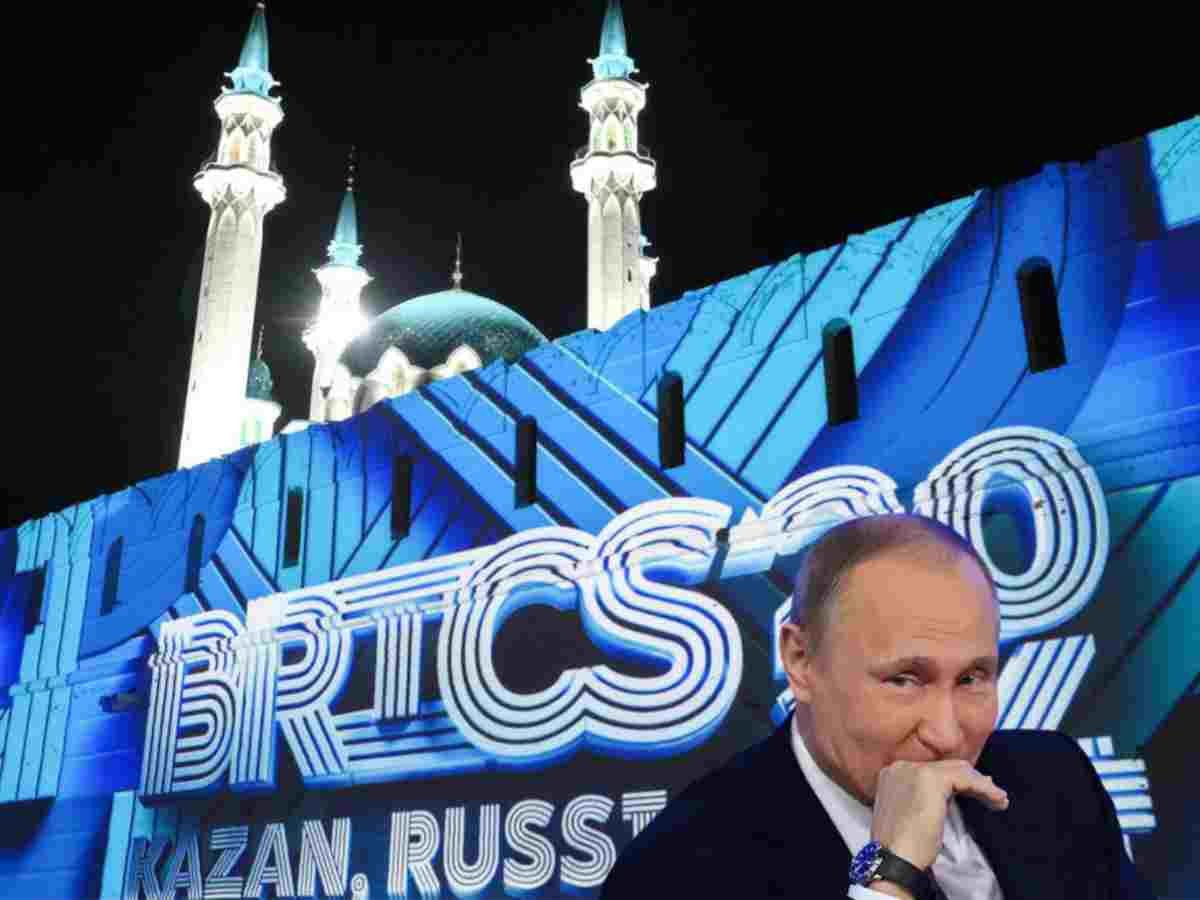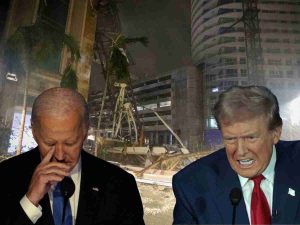The BRICS Summit taking place in Kazan, Russia, from October 22 to 24 is a pivotal gathering in global geopolitics. The summit brings together the original BRICS members – Brazil, Russia, India, China, and South Africa – along with five new members: Egypt, Ethiopia, Iran, Saudi Arabia, and the United Arab Emirates. Then, dozens of other countries are attending as well:
Russia🇷🇺 is hosting the BRICS+ summit with many world leaders attending, including India’s🇮🇳 Narendra Modi & Xi Jinping of China🇨🇳, the two largest populations on Earth…
Along with representatives from even more countries, yet CNN claims Putin is isolated. You can’t make this… pic.twitter.com/3r0OgtXxP9
— Afshin Rattansi (@afshinrattansi) October 22, 2024
This includes the Palestinian president Mahmoud Abbas, as well as leaders from Algeria, Azerbaijan, Belarus, Indonesia, and Mexico. There is even a possibility that UN chief António Guterres may appear at this BRICS Summit.
This expansion marks a significant step in the group’s evolution as a counterbalance to Western influence.
Dedollarization. Whoops.
The first day of the summit, October 22, was marked by formal opening ceremonies and a dinner hosted by Russian president Vladimir Putin. This day set the tone for discussions on a broad array of topics, including economic cooperation, multilateralism, and security.
Russian officials emphasized BRICS’ role in reshaping global governance, promoting multipolarity, and addressing economic disparities.
One of the most significant discussions will centre on dedollarization – the effort to reduce global reliance on the U.S. dollar in international trade and finance.
This topic is particularly important for Russia and China, both of which have been vocal about creating alternatives to the dollar-dominated financial system. In line with this, BRICS introduced BRICS Pay, a payment system designed to facilitate transactions among member countries, bypassing Western-dominated systems like SWIFT.
Additionally, the summit will address the integration of new members, which represent significant geopolitical and economic forces. For instance, Saudi Arabia’s inclusion as a full member is seen as a notable development, given its substantial influence in global energy markets.
The creation of a “partner country” model will probably also be discussed, which could further expand BRICS reach by offering other nations limited membership in the future.
Why the BRICS Summit matters
This year’s summit carries a deeper significance than past meetings. It marks Russia’s largest diplomatic event since the Ukraine conflict began, positioning BRICS as a platform for Russia to demonstrate that it is far from isolated on the global stage.
Hosting the summit allows Russia to underscore its continued influence despite efforts by Western countries, particularly NATO members, to marginalize it.
Moreover, the summit serves as a crucial platform for member states to advocate for a more equitable global order. Since its inception, BRICS has sought to challenge Western hegemony, particularly the dominance of the US and its allies in global governance institutions like the International Monetary Fund (IMF) and the World Bank.
Over the years, BRICS has worked to establish alternative institutions, such as the New Development Bank (NDB) and the Contingent Reserve Arrangement, though these efforts have met with mixed success.
In 2024, the summit has renewed focus on reducing reliance on Western financial structures, particularly in light of sanctions imposed on Russia and Iran. Many of these nations are eager to develop their own systems to protect their economies from potential punitive measures by the West.
The addition of powerful economies like Saudi Arabia and the UAE only strengthens BRICS ability to challenge Western financial dominance.
The West and NATO will NOT be happy
For Western and NATO countries, the growing influence of the group presents a challenge. BRICS Summit’s push for dedollarization and the creation of alternative financial and political structures could erode the West’s economic leverage.
The US dollar’s status as the world’s reserve currency is central to American financial and geopolitical power. So, efforts at BRICS Summit to reduce its role could have long-term implications for global financial markets.
While the West may downplay the significance of BRICS as a geopolitical competitor, it is closely watching developments, especially the group’s increasing appeal to countries in the Global South.
Nations like Turkey, a NATO member, have expressed interest in closer ties with BRICS, indicating that even countries traditionally aligned with the West are looking to diversify their diplomatic and economic relations.
Moreover, the summit occurs against the backdrop of heightened geopolitical tension, particularly concerning the war in Ukraine and the broader rivalry between the U.S. and China.
For countries like India and Brazil, both of which have sought to maintain a careful balance between the West and BRICS, this summit underscores their desire to pursue a multi-aligned foreign policy that maximizes their strategic autonomy without alienating either bloc.
BRICS Summit: a pivotal moment whether the West likes it or not
The 2024 BRICS Summit is a landmark event in the evolving global power dynamics – whether the West likes it or not.
By expanding its membership and advancing its goals of financial independence from the West, BRICS is positioning itself as a formidable force in international relations.
For the West, this signals the emergence of a more multipolar world, where Western dominance is no longer taken for granted, and alternative powers are increasingly asserting their influence on the global stage.
Featured image via the Canary




